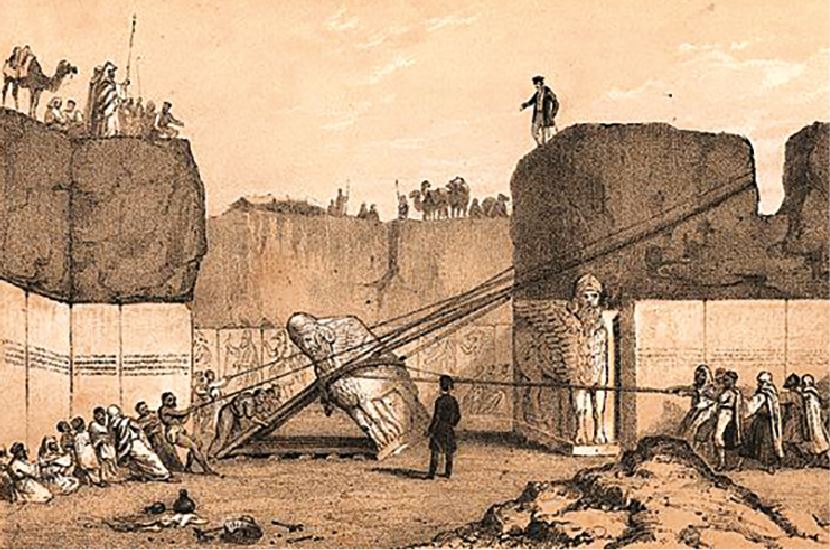NAHUM’S PROPHECY concerns Nineveh the capital city of Assyria (Nahum 1:1). The book can be dated between 640 and 620bc: that’s 120 or more years after Jonah prophesied against that city. By now Nineveh had long forgotten its repentance in Jonah’s time. The Assyrians had attacked and spoiled the nation of Israel, and threatened the nation of Judah. The Assyrians’ attempt to overthrow Jerusalem was thwarted by divine intervention
(2 Kings 19).
The Comforter
The name Nahum means ‘comfort’. God’s message through him proclaimed comfort for the Jews. Nineveh would be overthrown and the Assyrian threat would cease. The Babylonian attack on Nineveh is vividly foretold in chapters 2 and 3: it was fulfilled in 612bc. The city was finally sacked by the Medes and Persians and its ruins were only rediscovered in the 19th Century.

Judgement of Nineveh
Nineveh was “an exceedingly great city” (Jonah 3:3). The Assyrians had conquered many nations, including Egypt: Nahum refers to the capture of No-Amon (Thebes) (Nahum 3:8).
God’s words about Himself (chapter 1) were right. He is in control of all nations and the judgement of Nineveh is a foreshadowing of God’s final confrontation with all human pride and power. God will send peace to His people. The wonderful words of Nahum 1:15 will ultimately be fulfilled when Christ returns:
Behold, on the mountains the feet of him who brings good tidings, who proclaims peace! O Judah, keep your appointed feasts, perform your vows. For the wicked one shall no more pass through you; he is utterly cut off.
Norman Owen
By kind permission of ‘The Christadelphian’
Some interesting links with other parts of the Bible:
Nahum 1:2—see Exodus 20:5; Joshua 24:19.
Nahum 1:6—see Malachi 3:2; Matthew 3:12.
Nahum 1:15—see Isaiah 52:7; Romans 10:15.
